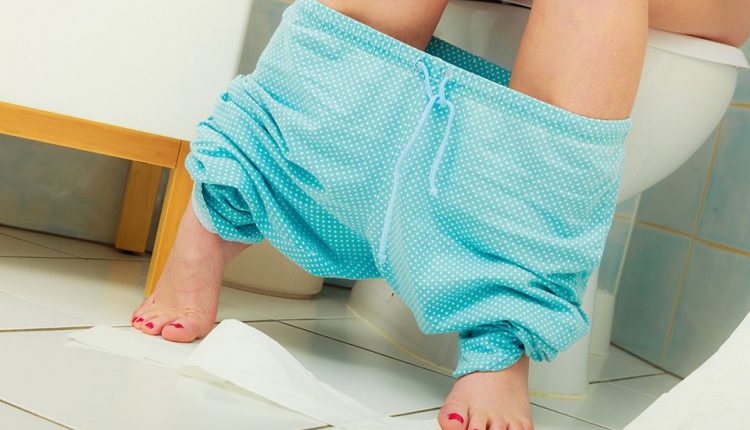
Constipation: some tips on how to deal with it and, perhaps, solve it
Constipation is common and affects people of all ages. You can usually treat it with simple changes to your diet and lifestyle
This page is about constipation in adults.
There is separate information on constipation in infants and children.
First: check if it is constipation
It is likely to be constipation if:
- you have not pooped at least 3 times in the last week
- the poo is often large and dry, hard or lumpy
- you are straining or in pain when pooping
You may also have an upset stomach and feel bloated or sick.
If you care for someone with dementia, constipation can be easily missed.
Pay attention to any changes in behaviour, as it could mean that they are in pain or feeling uncomfortable.
What causes constipation?
Constipation in adults has many possible causes.
Sometimes there is no obvious reason.
The most common causes include:
- not eating enough fibre, which is found in fruit, vegetables and cereals
- not drinking enough liquids
- not moving enough and spending long periods sitting or lying down
- being less active and not exercising
- ignoring the urge to go to the bathroom
- changing your diet or daily routine
- a side effect of a medicine
- stress, anxiety or depression
Constipation is also common during pregnancy and for 6 weeks after delivery.
Rarely, constipation can be caused by a medical condition.
How you can treat and prevent constipation yourself
Making simple changes to your diet and lifestyle can help cure constipation.
It is safe to try these simple measures when you are pregnant.
You may notice a difference within a few days. Sometimes it takes a few weeks before symptoms improve.
Make changes to your diet
To make your stools softer you should
- drink plenty of fluids and avoid alcohol
- increase the fibre in your diet
- add some wheat bran, oats or flaxseed to your diet
- improve your bathroom routine
Stick to regular times and places and give yourself plenty of time to go to the toilet.
Don’t delay if you feel the need to poo.
To make pooping easier, try placing your feet on a low stool while going to the toilet.
If possible, raise your knees above your hips.
Consider increasing your activity
A daily walk or run can help you poop more regularly.
Talk to a pharmacist for advice
Talk to a pharmacist if changes in diet and lifestyle do not help.
They can suggest a suitable laxative.
These are medicines that help you poop more regularly.
Most laxatives work within 3 days.
They should only be used for a short period.
Complications of long-term constipation
Long-term constipation can lead to faecaloma.
This is where poo accumulates in the last part of the large intestine (rectum).
The main symptom is diarrhoea after a long period of constipation.
Faecaloma can be treated with:
- stronger laxatives – prescribed by a family doctor
- a suppository – medicine that you put in your bottom
- a mini enema – where fluid is passed through the buttocks into the intestine
- a health worker who removes part of the poo – not something you should do yourself
Read Also
Emergency Live Even More…Live: Download The New Free App Of Your Newspaper For IOS And Android
Black Stools And Melena: Causes And Treatment In Adults And Infants
Constipation In Pregnancy, What To Do?
Faecal Colour: Normal And Pathological
What Is Faecal Incontinence And How To Treat It
Faecal Calprotectin: Why This Test Is Performed And Which Values Are Normal
Paediatrics: Constipation In Children
Constipation: What It Is And What Are The Remedies
When The Baby Doesn’t Poop: Constipation
Obstructed Defecation Syndrome (ODS): The Inability To Defecate Naturally
Paediatrics: Constipation In Children
Obstructed Defecation: How It Manifests Itself And How To Treat This Form Of Chronic Constipation
Cholangitis: Symptoms, Causes And Treatment
Abdominal Health Emergencies, Warning Signs And Symptoms
Faecaloma And Intestinal Obstruction: When To Call The Doctor
Faecal Colour: Normal And Pathological



